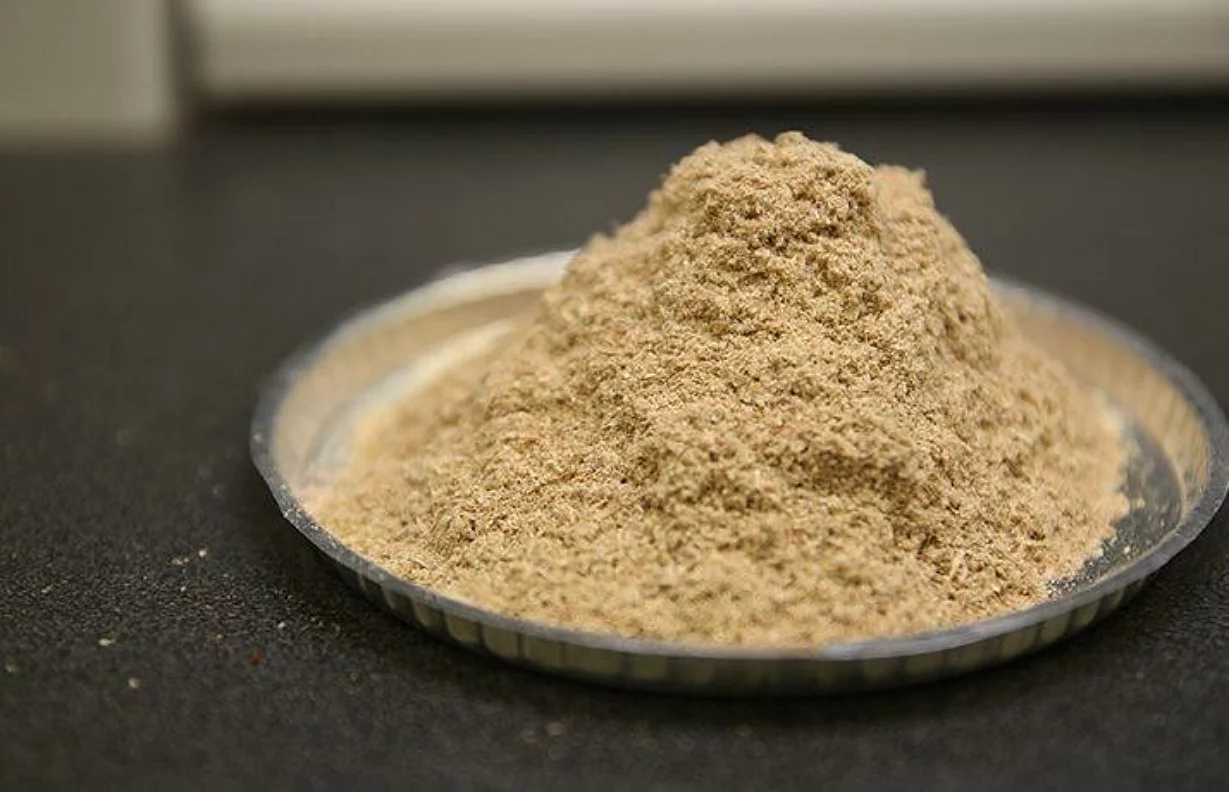
Combustible Dust Safety
Assess your risk and optimize mitigation strategies to prevent combustible dust explosions.
Analyze + Mitigate your Combustible Dust Risk
Combustible dust explosions can be one of the most under-recognized hazards in industrial facilities. Without proper awareness and planning, the risk of an incident can threaten life safety, operational continuity and regulatory compliance. Our team of combustible dust consultants can help you better understand your risk, develop and optimize mitigation strategies and provide training to prevent potential combustible dust explosions.

Combustible Dust Testing
The first step in understanding your dust hazard level is to characterize the dusts in your facility—informing a dust sampling and testing strategy. Our state-of-the-art flammability and combustible dust testing laboratory underpins all of our hazard analysis services, providing you with in-depth interpretation of results and realized cost savings

Combustible Dust Hazard Analysis (DHA)
A DHA is a systematic review of potential fire, flash fire, or explosive hazards associated with combustible dust and the plan to mitigate the risk. Our dust hazard analysis consultants aim to help you establish a baseline level of worker safety and business continuity while limiting damage to buildings and processes from a combustible dust-related fires, deflagrations or explosions. Our DHA report provides you with actionable, prioritized recommendations to bridge any gaps between existing conditions and industry best practice.

Cubic Meter Testing
When performing a Dust Hazard Analysis, every facility should have a customized testing plan because conditions can vary from one site to the next. Dust testing using the industry standard 20L vessel requires a smaller sample and has a faster turnaround time but is also prone to overly conservative results. This can result in higher capital and operational costs for explosion protection. Our state-of-the art combustible dust lab features one of the few Cubic Meter testing chambers in North America and can be used to refine test results for marginally explosible dusts — and validate whether a combustible dust hazard exists.

Training
Informing front line employees of the hazards and mitigation strategies in place for their protection promotes a culture of safety and compliance. To further support this objective, we offer an online training course as an introduction to Combustible Dust Hazards as well as on-site, instructor-led training.

Explosion Protection
Industrial explosions present serious risk to any company that manufactures or handles combustible dusts and vapors. Ignition of a dust or vapor cloud in process equipment can not only destroy the primary vessel, but also spread to interconnected equipment and into the plant, causing secondary explosions with devastating results. We have developed various methods of deflagration protection, in accordance with NFPA 68 and NFPA 69, that can protect facilities against explosions and limit the extent of damage, including rapid explosion suppression, venting and isolation. We can also conduct third party reviews to ensure compliance.
RELATED INSIGHTS + RESOURCES
Press Releases + News

Jensen Hughes Announces Successful Installation + Commission of One Cubic Metre Explosion Chamber — the Only One in Canada
This addition of testing equipment puts Jensen Hughes in the top tier of service providers process safety testing.
MEET OUR EXPERTS
BS, Chemical Engineering, MS, Fire Protection Engineering, Registered PE: MA
MSc, Chemistry, BS, Chemistry, Member
MBA, Data Science, MS, Engineering Mechanics, Dipl. Ing., Produktiontechnik (Manufacturing/Industrial Engineering and Business), Professional European Engineer, EUR ING, Member, Principal Technical Committee Member NFPA 855, Standard for the Installation of Stationary Energy Storage Systems, Member, Energy Storage Fire Prevention and Mitigation Advisory Committee, Member, Member, Member
BS, Chemical Engineering, Certified Safety Professional, Member, Member, Member,
B.Sc., Chemical Engineering, Diploma, Chemical Engineering, P.Eng.: NS, Member, Member
M.A.Sc., Chemical Engineering (Process Safety), B.Eng., Chemical Engineering, Certificate of Applied Science, B.Sc.H Chemistry (Honours), P.Eng.: NS, BC






